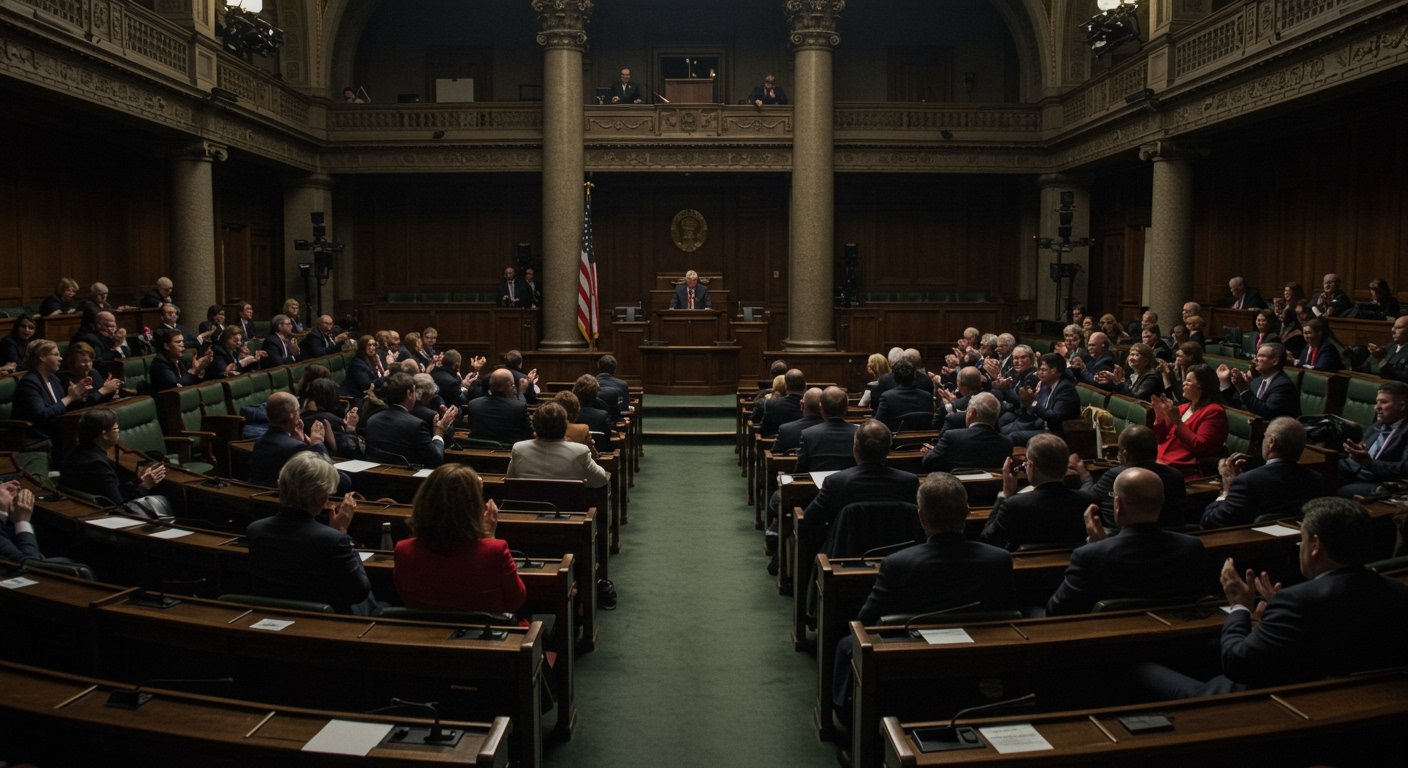SINGAPORE – U.S. Defense Secretary Pete Hegseth delivered a forceful address at a major regional security forum on Saturday, May 31, 2025, offering staunch reassurances to allies across the Indo-Pacific that the United States stands ready to support them against mounting military and economic pressure from Beijing. Speaking at the 22nd iteration of the Shangri-La Dialogue in Singapore, Secretary Hegseth concurrently urged partner nations to enhance their own defense capabilities, emphasizing a shared responsibility for regional stability.
Affirming U.S. Commitment and Strategy
Secretary Hegseth’s remarks were a cornerstone of the high-profile summit, aimed at articulating Washington’s strategy for navigating increasing geopolitical competition in the Indo-Pacific. He explicitly stated that the U.S. intends to bolster its defensive posture overseas as a direct countermeasure to threats posed by China, particularly focusing on Beijing’s increasingly aggressive stance towards Taiwan. This strategic adjustment is designed to reinforce deterrence and demonstrate sustained American engagement in the region.
Highlighting the Taiwan ‘Threat’
A significant portion of Secretary Hegseth’s speech focused on the security of Taiwan, the self-governing island viewed by Beijing as a breakaway province to be reunified, by force if necessary. The U.S. Defense Secretary sounded a clear alarm regarding recent military activities conducted by China. He highlighted that China has undertaken exercises specifically intended to test a blockade of Taiwan, framing these actions as China’s army “rehearsing for the real deal.” Secretary Hegseth did not mince words, stating unequivocally that the threat to Taiwan is “real” and could be “imminent,” underscoring the urgency of the situation.
Call for Increased Allied Defense Spending
Alongside pledging continued U.S. support, Secretary Hegseth reiterated a long-standing American call for allies in the region to contribute more significantly to their own defense efforts. This message, a recurring theme in U.S. defense diplomacy, emphasizes the need for a collective approach to security challenges, where partners invest in their military readiness and capabilities to complement the U.S. presence and strengthen the overall regional security architecture.
China’s Counter-Accusations
Secretary Hegseth’s assertive comments drew a swift and sharp response from the Chinese delegation. Rear Adm. Hu Gangfeng, who holds the position of vice president of China’s National Defense University and served as the head of China’s delegation at the Dialogue, publically accused Secretary Hegseth of making “groundless accusations” and “distorting facts.” Rear Adm. Hu further characterized the U.S. Defense Secretary’s actions as deliberate attempts to “provoke trouble, incite division and stir up confrontation,” reflecting the deep mistrust and contentious nature of the U.S.-China defense relationship.
Explaining U.S. Force Posture Shifts
Secretary Hegseth also addressed questions regarding recent U.S. military asset movements that had prompted discussion among regional observers. He was specifically asked about the decision to remove a Patriot missile defense battalion from the Indo-Pacific area and redeploy it to the Middle East, as well as the return of U.S. Coast Guard ships that had been operating abroad back to the United States, reportedly for duties related to the U.S.-Mexico border. Secretary Hegseth explained these movements were necessary responses to distinct and pressing security requirements. The Patriot battalion’s redeployment was required, he stated, to enhance defenses against Houthi missile attacks emanating from Yemen. The return of Coast Guard ships, he clarified, was necessary to bolster protections against illegal immigration into the United States, asserting that these shifts, while impacting regional presence, were driven by critical security demands elsewhere.
Diplomatic Undercurrents and China’s Delegation
The underlying tensions at the summit were highlighted by the level of representation from China. Beijing opted to send a lower-level delegation to the 22nd Shangri-La Dialogue this year. Notably absent was China’s defense minister, Dong Jun, a decision widely interpreted by analysts as a deliberate snub linked to ongoing points of contention between Washington and Beijing, including issues related to U.S. tariffs and trade policy. The composition of the delegation underscored the complex interplay of economic and security factors influencing bilateral relations.
Navigating a Complex Security Landscape
Secretary Hegseth’s address and the subsequent exchanges at the Shangri-La Dialogue laid bare the significant challenges and competing visions shaping the Indo-Pacific security landscape. The U.S. commitment to supporting its allies and partners remains steadfast, yet the stark warnings regarding Taiwan and the pointed exchanges with the Chinese delegation highlight the precarious balance of power and the deep strategic divisions that persist between the two major global powers as they vie for influence in the vital region.











